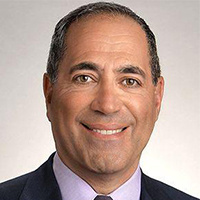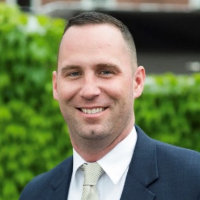Greenville Criminal Lawyer, New York
Sponsored Law Firm
-
 x
x

Click For More Info:
-
Law Office of Mark S. Guralnick
55 Madison Avenue 4th Floor Morristown, NJ 07960» view mapCriminal Defense Law Dedicated. Fearless. Successful.
Mark S. Guralnick and his legal team have helped clients throughout the USA and across the world by applying unparalleled dedication and hard work to each case.
800-399-8371
Donald W. Boyajian
✓ VERIFIEDAccident & Injury, Personal Injury, Criminal, Class Action, Whistleblower
Donald W. Boyajian has been practicing law for over 35 years and is the Managing Partner of the firm. Don is a life-long resident of the Capital Regio... (more)
Ryan M. Finn
✓ VERIFIEDAccident & Injury, Civil & Human Rights, Employment, Criminal, Business
Attorney Ryan Finn of Finn Law Offices has worked for big law firms and he knows how they approach a legal conflict. He is well known and well respect... (more)
FREE CONSULTATION
CONTACTChristopher N. Luhn
Divorce & Family Law, Criminal, Family Law, Accident & Injury, Mass Torts
Status: In Good Standing
FREE CONSULTATION
CONTACTApril M. Dalbec
Family Law, Divorce & Family Law, Criminal, Accident & Injury
Status: In Good Standing
 Mark Guralnick Morristown, NJ
Mark Guralnick Morristown, NJ AboutLaw Office of Mark S. Guralnick
AboutLaw Office of Mark S. Guralnick Practice AreasExpertise
Practice AreasExpertise



